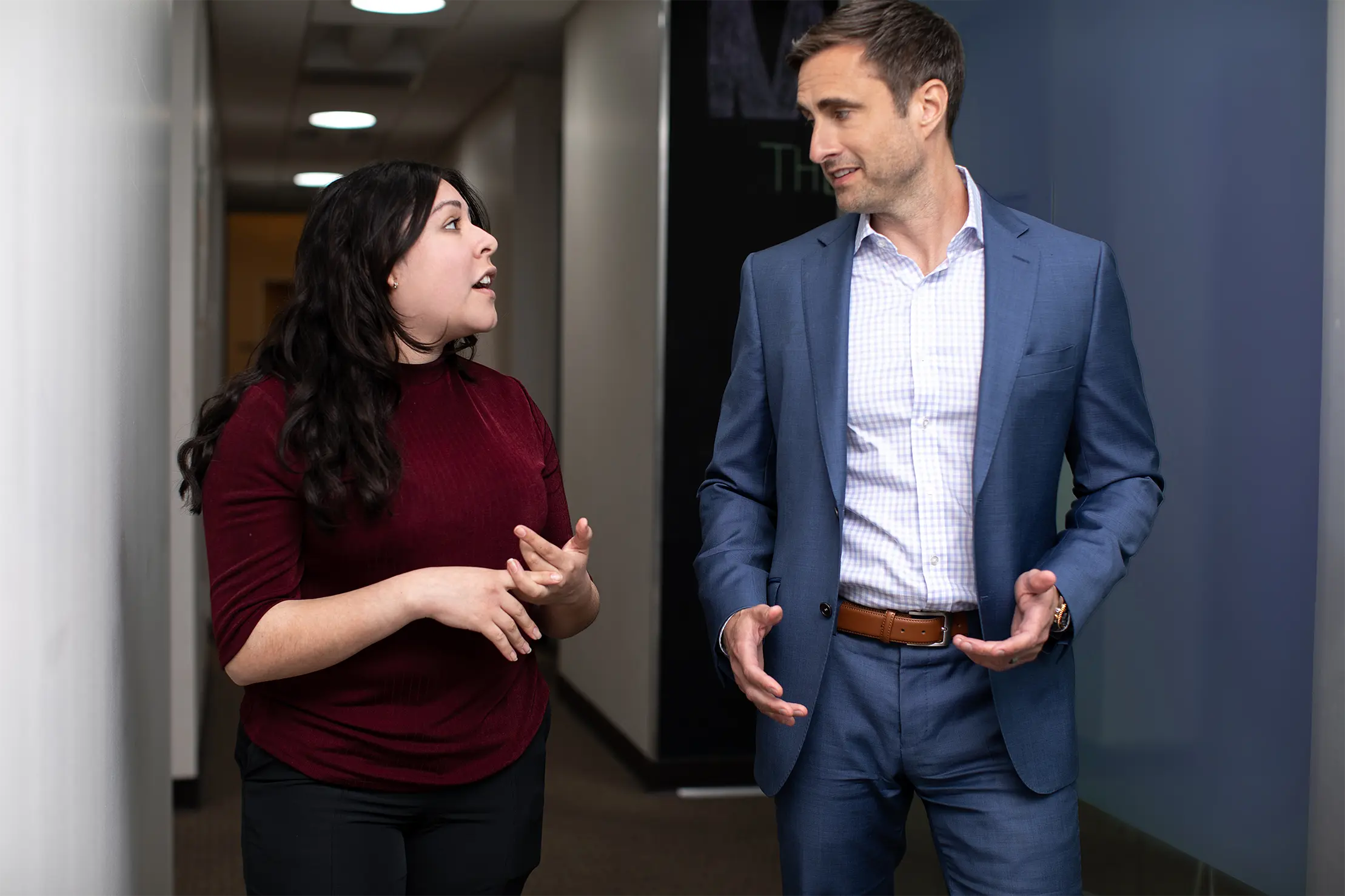Car accidents are unfortunately very common in California. Most drivers have some idea of the procedure to follow after an accident (if not, then read our article here). But what do you do if you witness an accident?
In California, you are not legally required to stop and help after witnessing a car accident. However, if you choose to stop and be a witness, you can be very helpful to the victim. For example, if one party was driving recklessly and the other party was hurt as a result, your statement and testimony will help hold the person at fault accountable and ensure that the injured party receives compensation for their injuries.
So stop for a moment, take a deep breath, and read our list of tips for witnesses of car accidents.
Tips fo Witnesses of Car Accidents
Your Safety Comes First
If you are driving when you witness the accident, you should pull over to the side of the road, leaving a lot of distance between your vehicle and the accident scene. This is to give the emergency vehicles room to navigate to the scene. Put on your hazard lights, and stay a safe distance from the scene unless you plan to assist the victims. Before you do so, check for broken glass, flames, sharp metal, smoke, and oncoming traffic.
Call for Help
Before assisting any victims, call 911. Even if you aren’t sure how severe the injuries are or if someone called 911 already, it’s good to inform the police of the accident. Tell them the location of the accident and how badly the people look to be injured.
Assisting the Victims
Once you have made sure that it is safe to approach the victims, you can check their condition. Unless absolutely necessary (like if the car is about to catch fire), do not touch or move an injured person. Doing so usually causes more harm than good. It is also advised not to provide any medical assistance unless necessary. Medical help should be on its way since you called 911.
You can provide comfort to victims by reassuring them that help is on the way or offer to call family members and friends for them. You can also make sure that the vehicle ignition is turned off to try to prevent fire and ensure that the vehicle is in park. Finally, if an at-fault driver attempts to leave the accident scene, you can take note of the person and vehicle, along with a license plate number.
Giving a Witness Statement
Once the police arrive on the scene, try to provide every detail you can remember about the accident to them. We recommend that you do not discuss the accident details or who may be at fault with the people involved in the accident. Only speaking to the police about the accident can keep tensions and emotions from flaring at the scene. You may also want to share details about the accident with medical providers so they can assess how best to provide care to the victims.
Provide your contact information to the police and make efforts to remain available in the days and weeks after the accident to discuss the details with them, insurance agents, and medical providers.
Being a Witness is Always Your Choice
It’s always your choice whether or not to get involved as a witness to a car accident, and, understandably, you may want to avoid the commotion altogether. However, participating as a witness can help innocent victims get justice for the harm caused to their lives. You can make a difference.


